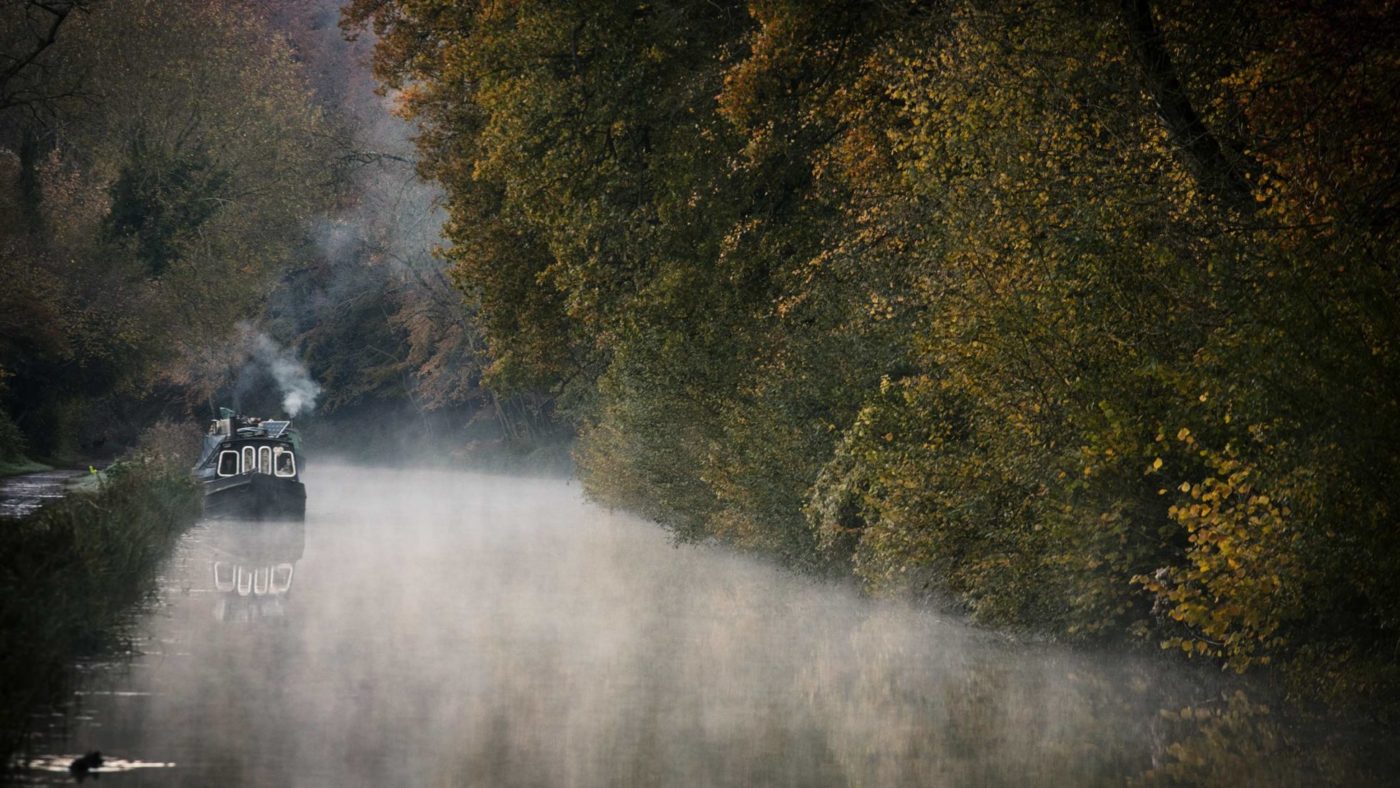There are many things that we can think of to do. The list of things we want to do is rather shorter, that of what we should do is shorter still. Nestling in a separate category altogether — things we’d be silly to do — is the idea backed in The Times this morning of a Great Big British Canal.
It’s true that climate change might mean less rain in the south and that this might affect the ability to grow certain crops there. But the idea that we should be running water from the Scottish Borders to the Home Counties is still a thoroughly bad idea. That hasn’t stopped plans being drawn up. According to The Times, “in 2014, the £14 billion Natural Grid scheme was unveiled: a waterway running from the Scottish Borders, through Newcastle and Leeds before winding its way along the west coast of England (taking on extra water in the process) and eventually branching off into the Home Counties.”
The real problem with the idea is that there is no shortage of water in the south of England and there’s not going to be one either – or not for important uses like human consumption and industry that is. What there might be is a little less than we’d like for agriculture. But that doesn’t matter in the slightest, especially not when you consider the numbers involved.
The total added value of British farming is some £9 billion a year. From that we really ought to subtract the £4 billion and change in EU subsidies. Those figures are for the whole country. Whatever damage is done by lack of water down south is going to be some margin of that. And as it turns out the sort of crops that might suffer, wheat and so on, are the crops that don’t add much value. Leave them aside and there’s still plenty of water, even in the new straitened circumstances, to grow intensive crops that do add value.
None of this factors in the really crucial fact: that we’d all be richer if people stopped using Surrey to grow barley and turnips and used it for something more profitable, like housing.
Sure, we can start to worry about where our wheat is going to come from. But as Bjorn Lomborg has pointed out, it takes some 1,000 tonnes of water to grow a tonne of wheat. It’s very, very, much simpler to import the tonne of wheat than it is to move the 1,000 tonnes of water around. Why not after all, import the embedded water, not the physical stuff.
Iceland is a huge exporter of aluminium. Really what they are exporting is the extremely cheap local energy. But rather than the costly process of sending it that electricity elsewhere, they sell the finished product of an energy-intensive process.
Luckily we can test with a pretty good degree of accuracy whether something like the Natural Grid scheme is a good idea. It’s going to cost £14 billion, we’re told. That means there’s some cost per acre foot of water (the weird measure used in this field) to get it to a given farmer. Will he be willing to pay for that cost? On these numbers, certainly not. The reason he won’t is that the 1,000 tonnes of water brought 500 miles will cost more than the tonne of wheat can be sold for. Thus that farmer doesn’t think it’s worth the resources which have been used to bring it to him.
It’s entirely possible for us to do something like canal water down from the rainy places to those with less. But it is quite simply a plan that would make us poorer. Vastly better to use the now drier fields for something else and then import the food from where there’s enough rain. We know that is the case thanks to the market, which puts a price on it all.
As ever, we’re finding out again that prices are information to us. That information includes all the clues we need to figure out what make us poorer or richer, what’s a waste of resources, what’s a good application of them. A ditch to carry water that costs more than the value of crops that can be grown from it just doesn’t cut that mustard, does it?


